What You Can And Can't Put In The Fridge!
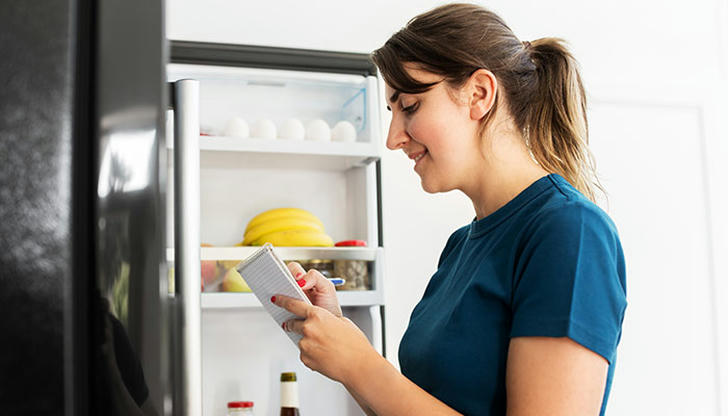
It’s confusing storing all of your groceries. Some things need to be in the pantry while other things need to be kept out of it. It’s a balancing act between humidity and temperature. The last thing you want is a soggy bag of salad greens or spoiled apples. In this article, we will help you organize the new refrigerator and give advice on what to store where, depending on its properties. You might keep reading for more information about what not to store in your fridge.
What You Should Store in the Fridge
We’ll start with what you can store in the fridge. You may have a lot of these items in your kitchen right now and need to find a place for them.
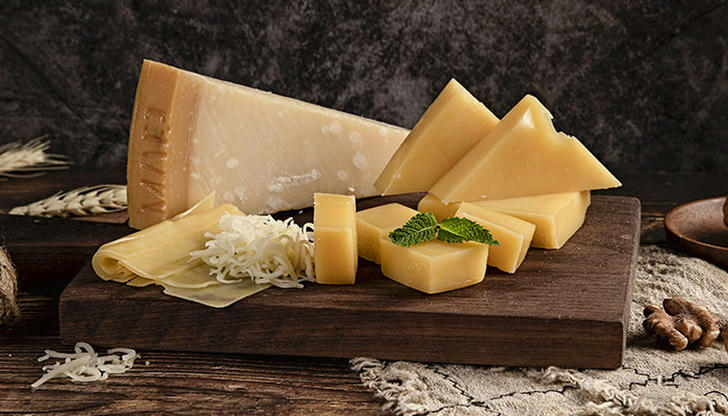
•Cheese: Cheese is best kept refrigerated, but you don’t want to keep it too cold as this will make it hard. You should keep your cheese in the vegetable crisper as it doesn’t need to be super cold.

•Eggs: Keep eggs in the coldest part of your fridge, either in the vegetable drawer or the door. This will keep them fresh for much longer than if you leave them on the counter where they can quickly become rotten.

•Milk: Milk must be kept cold, so you should always store it in the refrigerator door. If you want it to last longer, you can also put it in the freezer.
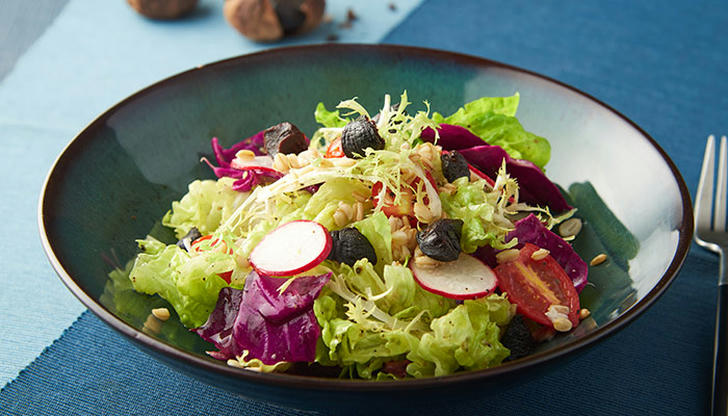
•Salad Greens: You can store salad greens in the fridge, but you should use them quickly. You can also store leafy herbs, like parsley, cilantro, and basil, in the fridge to keep them fresh longer.
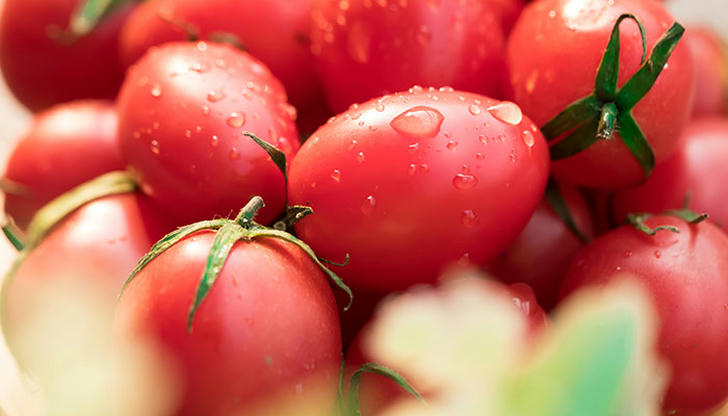
•Tomatoes: Store tomatoes in a basket in the fridge, but make sure they’re not touching other foods. Exposure to ethylene, which tomatoes release naturally, can make other foods rot faster.
What to Keep Out of the Fridge
This is a list of items that are best kept out of the fridge. Why? The temperature in your fridge is designed to keep your food fresh, but it’s also meant to keep your food safe. Some of the items below may be contaminated or have a chance to be, so they cannot be stored in your fridge.
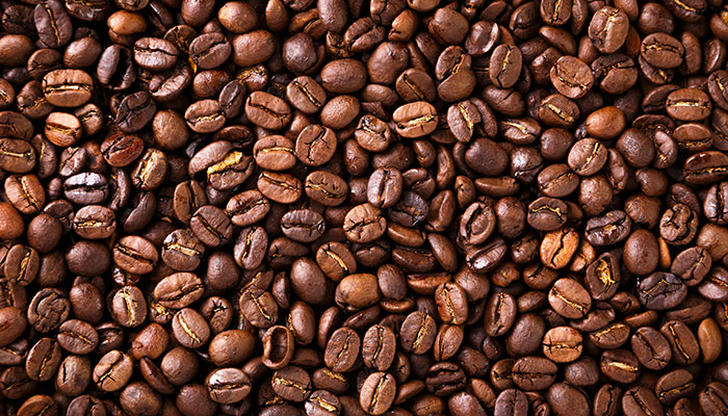
•Coffee: Coffee beans are best kept in an airtight container at room temperature. The fridge will make them stale, and the freezer will make them freeze-dried.
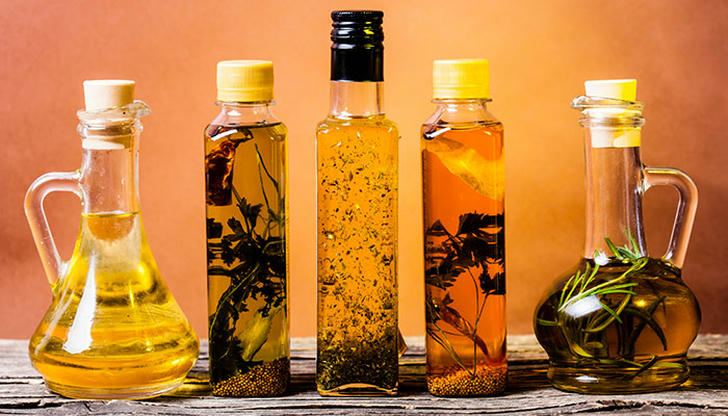
•Oils: While oils may seem like they should go in the fridge, it’s best not to store them there. The exception to this is coconut oil, which should be kept in the fridge.
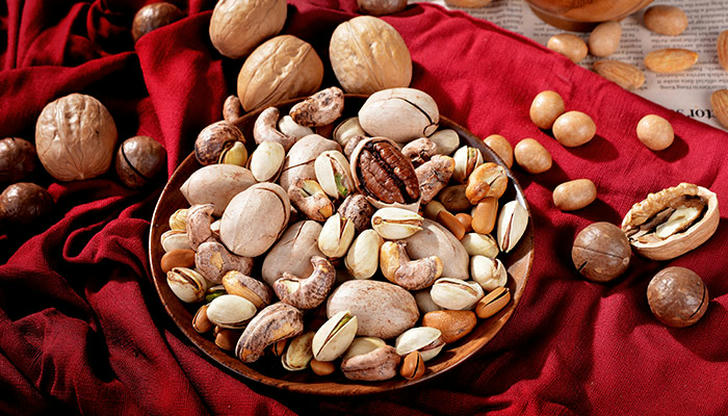
•Nuts: Nuts can go rancid quickly if they’re left in the fridge, so it’s best to keep them at room temperature.

•Spices: Too much humidity in the refrigerator can make your spices less potent. They’re best kept in a drawer or on the counter.
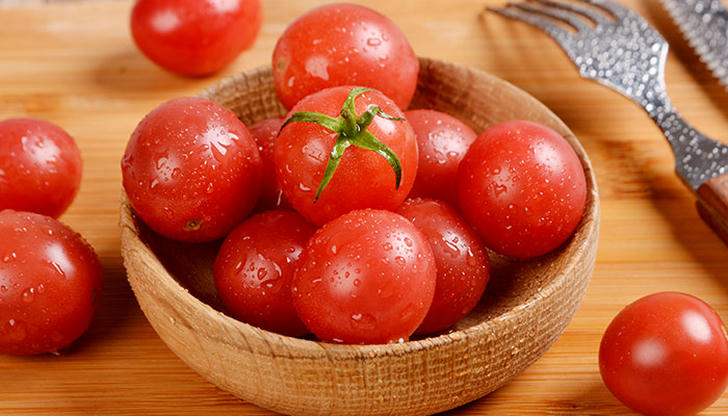
•Tomatoes: Like we mentioned above, tomatoes are best kept out of the fridge. Keep them on the counter or in a cool, dry place out of direct sunlight.

